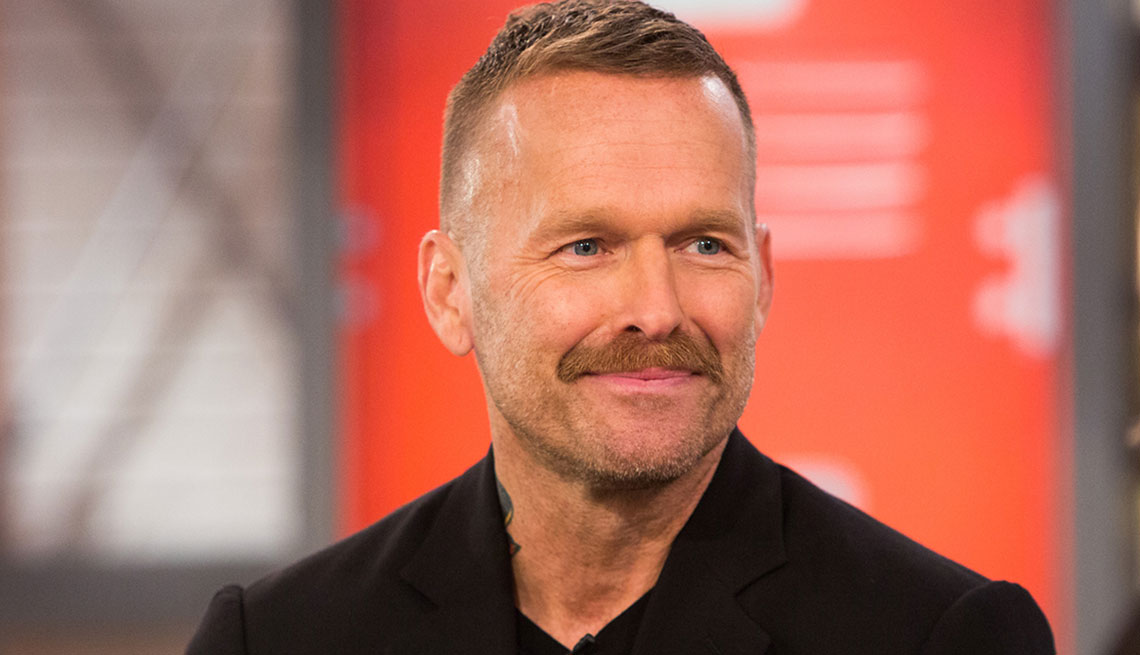
- Select a language for the TTS:
- UK English Female
- UK English Male
- US English Female
- US English Male
- Australian Female
- Australian Male
- Language selected: (auto detect) - EN
Play all audios:
In fact, he was at high risk for both heart attack and stroke, thanks to an inherited cholesterol abnormality — high lipoprotein(a), a particle in the blood that carries cholesterol, fat and
proteins. What’s more, his mother had a heart attack and died at age 70, as did her father. Harper spent eight days in the hospital, where he had two stents put in, embarked on a cardiac
recovery program and began taking a regimen of medications (including a statin to lower his cholesterol and the blood thinner Brilinta to reduce his risk of having another heart attack).
Approximately 20 percent of people 45 and older who have a heart attack will have a second one within five years of their first, according to the American Heart Association, so taking such
preventive steps is crucial. Once he went home, Harper grappled with his new reality, which included restrictions on his physical activities. He suffered severe anxiety and became depressed.
“I didn’t know who I was if I wasn’t the guy in the gym,” he says. “I felt fragile and incomplete.” To help himself emotionally, he relied on support from friends and family members and his
beloved dog Karl, and learned better stress management strategies. “It’s been a challenging year, especially given what I’ve done for a living,” says Harper, coauthor of the new book _The
Super Carb Diet_. “It was a slow process of building my relationship and trust with my heart again. I’m an ideal patient now; I’m doing exactly what my doctors tell me to do.” He has dialed
back the intensity of his CrossFit workouts, does more yoga and walking in the city; having given up red meat, he now consumes more plant-based proteins and fish. Along the way, he has
learned to live with some level of uncertainty about his future health. “Being a heart attack survivor, I’m in a club I never thought I would be in,” he says. “I have tremendous gratitude
for this second chance. I don’t take things for granted; I focus more on the here and now. Mindfulness is super-important to me. It keeps me calmer and helps me manage my stress.” In recent
months, Harper has been working on a program called Survivors Have Heart, sponsored by AstraZeneca, to help educate patients who have had a heart attack about the importance of working
closely with their doctors and staying committed to the treatment and lifestyle plan they’re prescribed. “I have an opportunity now to help a whole new group of people,” he says. “Paying it
forward is personal for me and I’m passionate about it.”







